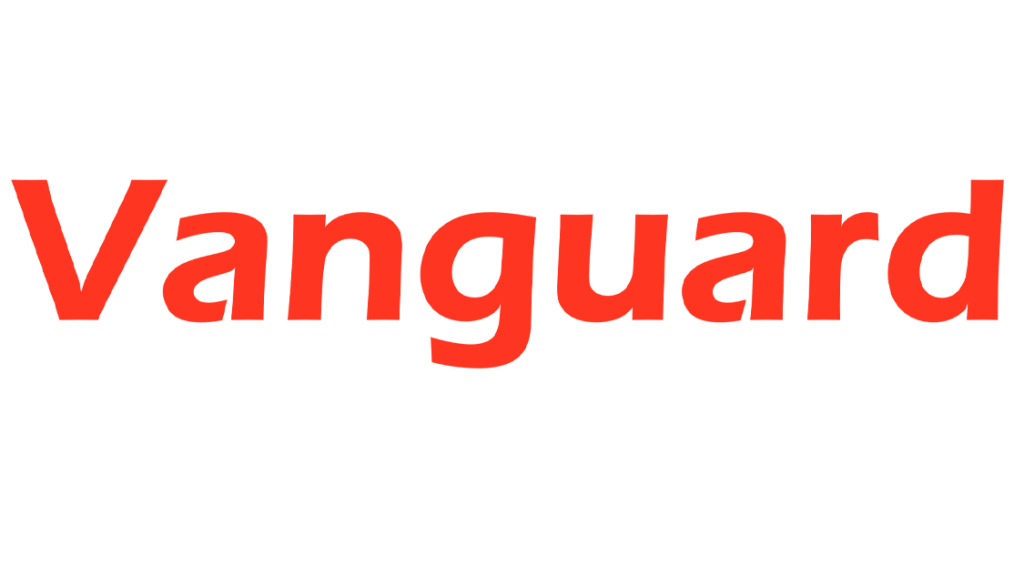Stakeholders converge to chart a path for sustainability in circular fashion ecosystem

By Dickson Omobola
The Nigerian circular fashion ecosystem is facing a critical turning point as stakeholders, innovators, and government representatives converged at the official launch of the UK-Nigeria Circular Fashion Pathway Report and Co-Creation workshop in Lagos to chart a path for sustainability in the industry. At the heart of the conversation was the urgent need for policy, structure, and collaboration to transform what experts describe as an “unstructured and complex” space into a thriving circular economy.
According to the Nigerian country lead for Innovate UK Business Connect, Mr. Akoji John, circular fashion in Nigeria remains largely informal and fragmented, despite its vast potential to create jobs, reduce waste, and attract global investment. He stressed that without a coordinated framework, opportunities within the industry may continue to slip away.
“One of the key insights from our report is that Nigeria’s circular fashion is complex, unstructured, and very informal,” he explained. “We are asking whether it is possible to create unions or associations that bring fashion bodies together so they can speak with one voice. That collective voice can unlock opportunities for funding, investment, and collaboration both locally and globally.”
For Innovate UK, supporting innovation across borders goes beyond ideas. John outlined three pillars driving their intervention: accelerating innovation, promoting knowledge transfer, and building partnerships. “We try to see if ideas from individuals or small businesses are viable and provide the support to launch them. We also ensure businesses have access to the knowledge they need to scale and connect them with the right partners, whether in Nigeria, Africa, or the UK,” he said.
The Lagos workshop, which featured the launch of the UK-Nigeria Circular Fashion Pathway Report, highlighted glaring gaps in knowledge, finance, and regulation. Many operators, John noted, still rely on outdated methods from the 1960s and 1970s. “There is a huge knowledge gap in the fashion space. Innovate UK is bridging this through exchange programmes and knowledge transfer between Nigeria and more advanced markets,” he said.
Knowledge transfer manager at Innovate UK Business Connect, Ms. Chidubem Ejezie, reinforced the findings of the report, which underscored the absence of enabling policies and regulatory structures for fashion waste. “Currently, most of Nigeria’s regulatory policies focus on plastics. There is no framework for circular fashion, and that is one of the urgent interventions needed,” she said.
She stressed that beyond policy, access to finance and infrastructure remains a stumbling block. “The technologies needed to recycle or upcycle textiles are expensive. Without hubs or structured support, many businesses cannot afford them. If we can create structured platforms, finance and partnerships will follow,” Ejezie added.
The event also showcased homegrown solutions. Jesutofunmi Oluwadare of Suss Fabrics explained how her company converts textile waste into eco-friendly paper for packaging, notepads, and magazines. “Every year, we lose between 4 to 8 billion trees to paper making. If we can convert textile waste into paper, it is sustainable and reduces deforestation,” she said.
Similarly, Afrikstabel’s creative director, Ifebuche Madu, highlighted how her textile company integrates recycling into production by reusing dye wastewater and collaborating with over 150 artisans. “Sustainability starts with small steps. It could be packaging, buttons, or dye. Every effort counts,” she said.
Government presence at the workshop was notable, with Lagos State officials pledging support for circular fashion initiatives. Stakeholders hope such commitments will translate into clear policy frameworks, incentives, and curriculum integration to embed circularity into Nigeria’s fashion education system.
Beyond Nigeria, Innovate UK’s Global Alliance Africa project spans Kenya, South Africa, and the UK, providing broader opportunities for cross-country collaboration. “This is not just about Nigeria. Launching the report across multiple countries gives Africa a stronger voice in sustainable fashion,” John noted.
As the conversations deepened, one message became clear: circular fashion in Nigeria cannot thrive without structure, partnerships, and deliberate government action. For many innovators in attendance, the workshop was not just about ideas, but a call to collective responsibility in reshaping the future of fashion.
The post Stakeholders converge to chart a path for sustainability in circular fashion ecosystem appeared first on Vanguard News.

 yarkarkara
yarkarkara 





